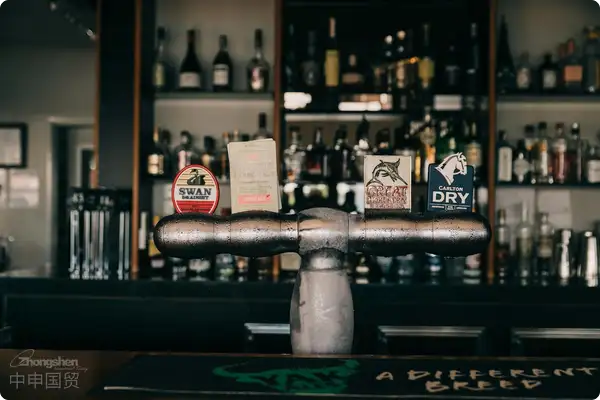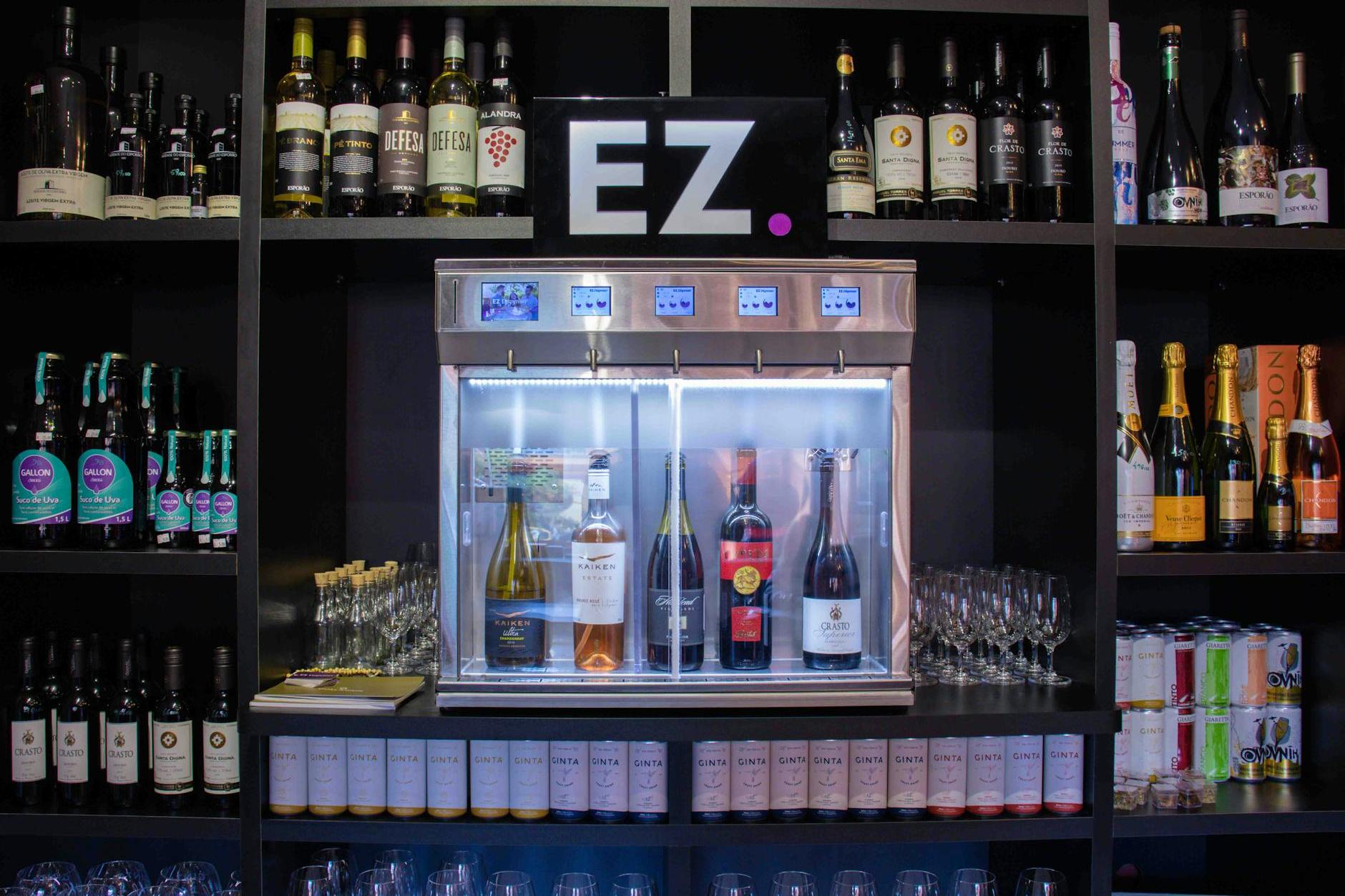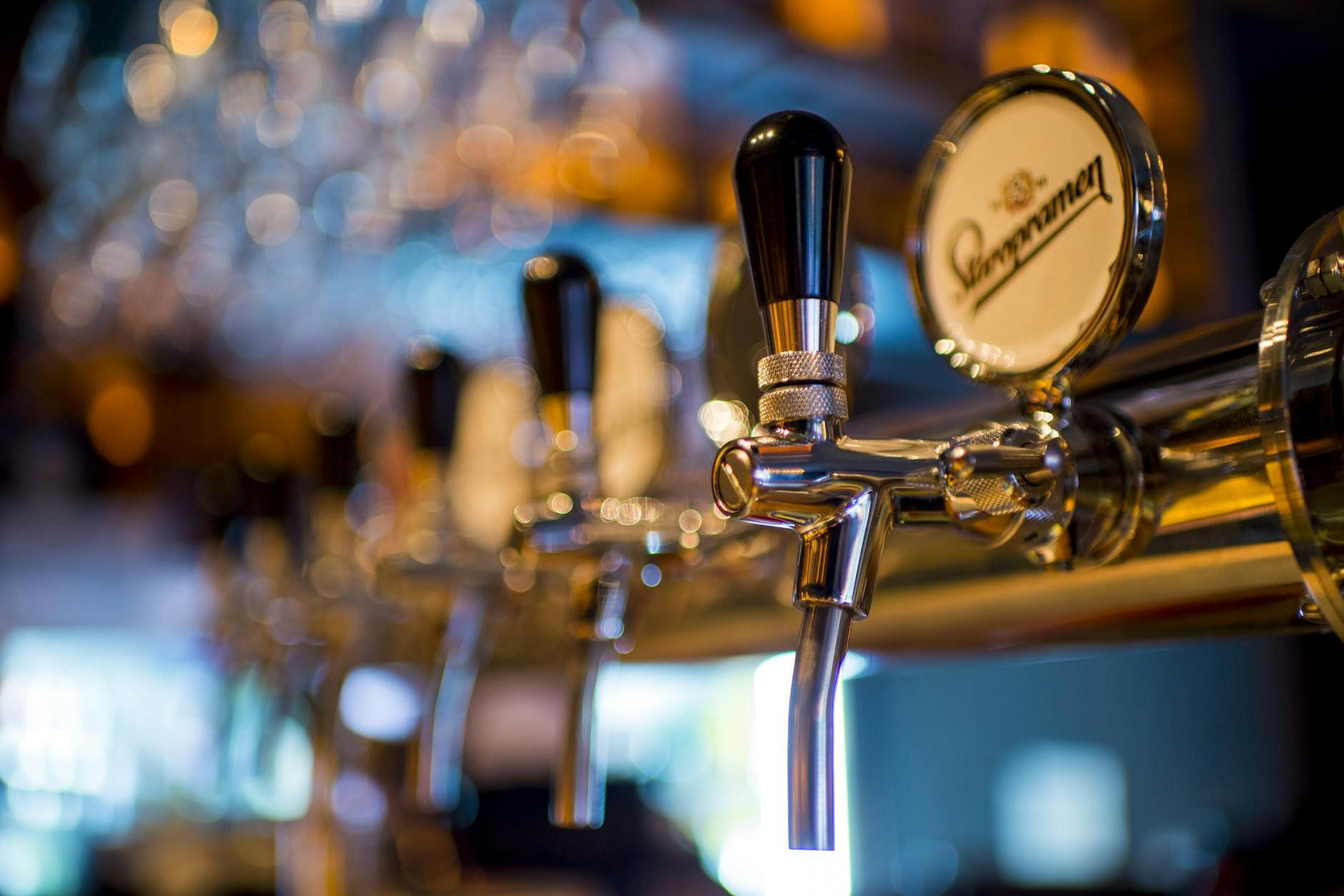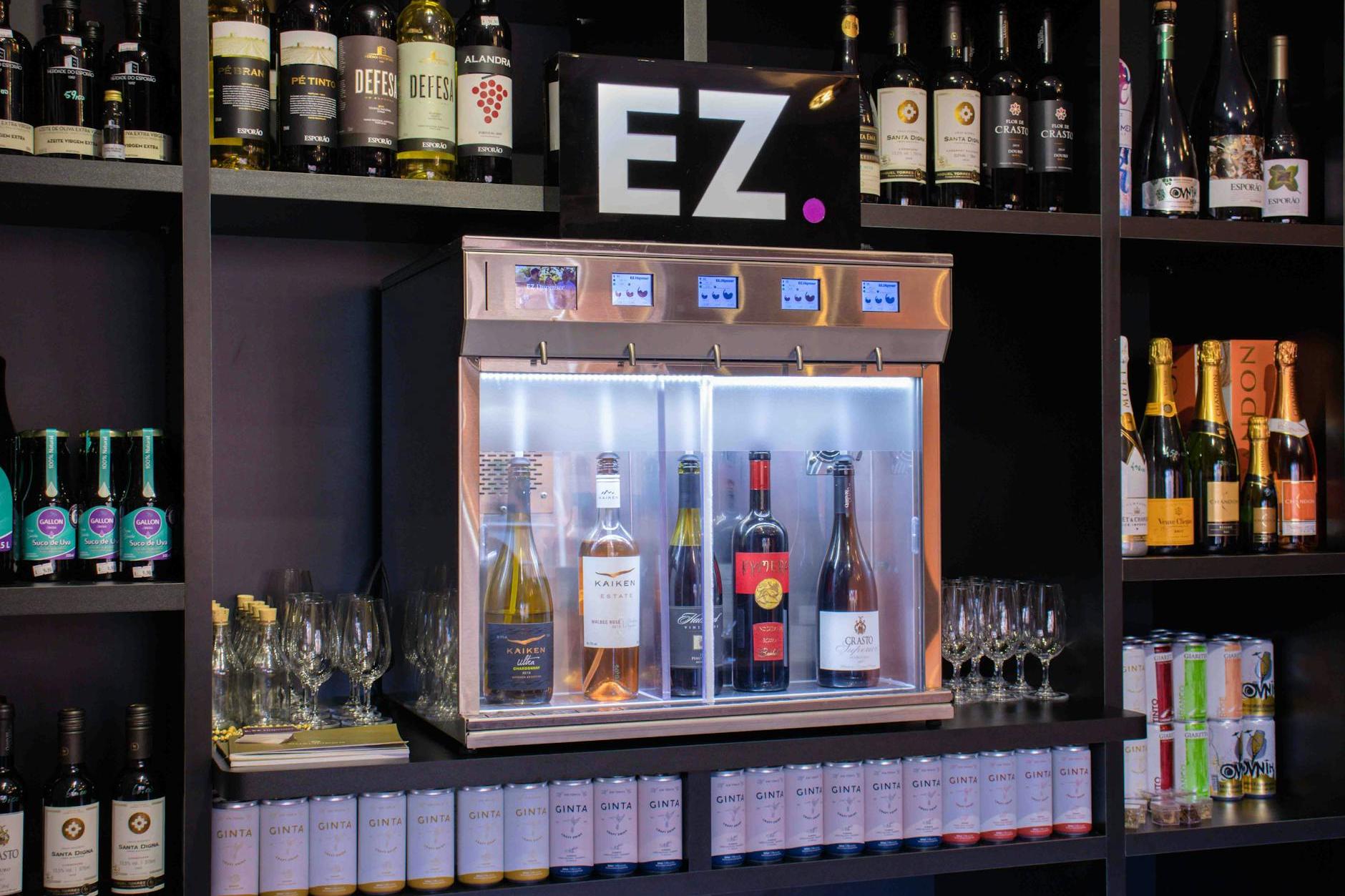- Shanghai Zhongshen International Trade Co., Ltd. - Two decades of trade agency expertise.
- Service Hotline: 139 1787 2118

BeerImport RepresentationThe "access code" of
Holding an ice-cold beer while discussing business on a scorching summer day is probablyforeign tradeThe most delightful moments for people. However, to smoothly bring these exotic brews to domestic tables, the qualification hurdles to overcome are more complex than one might imagine. As a "veteran" with 20 years of experience in the industry, today I'll take you through the secret playbook for navigating the qualification requirements of importing beer.
Basic qualifications "four-piece set"
Importing beer qualifications is not a multiple-choice question, but a must-answer question:
- import and exportEnterprises need to have legal import and export qualifications, including:
- Customs Registration Certificate for Consignors and Consignees
- (The new version in 2025 has integrated the tax filing function)
- The whole process is actually not complicated, and intermediary agencies can usually help you complete it within 1 - 2 months. So, applying for export rights is not an unattainable thing.
- Food Business License (must include alcohol sales scope)
- Wholesale Alcohol License (some regions have switched to a filing system)
- Registration number of overseas food production enterprise for imported food (The manufacturer must be registered with the General Administration of Customs)
Three Major Challenges in Customs Clearance Practice
Last year, we handled a case involving the import of a certain German beer, where an entire container of goods was detained at the port for 28 days due to the unregistered term "pure brewing" on the label. This lesson highlights the need for special attention during customs clearance:
- Customs declaration document combination
- It is recommended to verify through the following methods:(Additional QR code anti-counterfeiting labels to be introduced from 2025)
- Sanitary Certificate (EU countries must provide the 2023 version format)
- Ingredient Analysis Report (Special Attention to Malt Degree Labeling)
- Inspection and Quarantine "Three Checks" Mechanism
- Alcohol concentration verification (error must not exceed ±0.5%)
- Additive Compliance Review (referencing GB 2760 standard)
- Microbiological testing (Total bacterial count ≤50 CFU/mL)
- Tax Calculation Trio
- Tariff: General rate 160% vs MFN rate 5%
- Value-added tax: Current rate is 13%
- Consumption tax: levied on a per-unit basis (220 yuan/ton)
Three Major Misconceptions in Qualification Application
A coastal trading company once had a shipment of craft beer worth 800,000 yuan returned due to confusion over document types. These past lessons remind us to be cautious:
- Validity period trap of certificates
- The validity period of the health certificate is calculated from the date of issuance (not the date of arrival).
- The registration certificate for customs declaration entities must be renewed every 5 years.
- Blind spots in label review
- The Chinese back label must include the alcohol content and original wort concentration.
- Special labels such as "Organic Certification" require additional filing.
- Misconceptions about origin determination
- The "substantial transformation" criterion in the EU rules of origin
- Entrepot TradeTraceability requirements for the Certificate of Origin
Choose the right partner to avoid detours.
When we were representing a certain Belgian abbey beer, we discovered that its production date labeling did not comply with national standards. Fortunately, we conducted a compliance pre-review in advance, avoiding the losses that would have resulted from post-arrival corrections. This case illustrates:
- Priority should be given to customs brokers with hands-on experience in importing alcoholic beverages.
- Focus on the overseas testing institution resource network of partners
- Confirm that the service provider has the capability for pre-classification and pre-document review.
Looking at the array of imported beers on the shelves, each bottle represents a meticulously compliant operation behind the scenes. By mastering these customs clearance codes, we believe our fellow foreign trade professionals can navigate the beer import track with both compliance and the freedom to "drink heartily."
Related Recommendations
Category case
Get in Touch
Email: service@sh-zhongshen.com
Related Recommendations
Contact via WeChat

? 2025. All Rights Reserved. Shanghai ICP No. 2023007705-2  PSB Record: Shanghai No.31011502009912
PSB Record: Shanghai No.31011502009912









